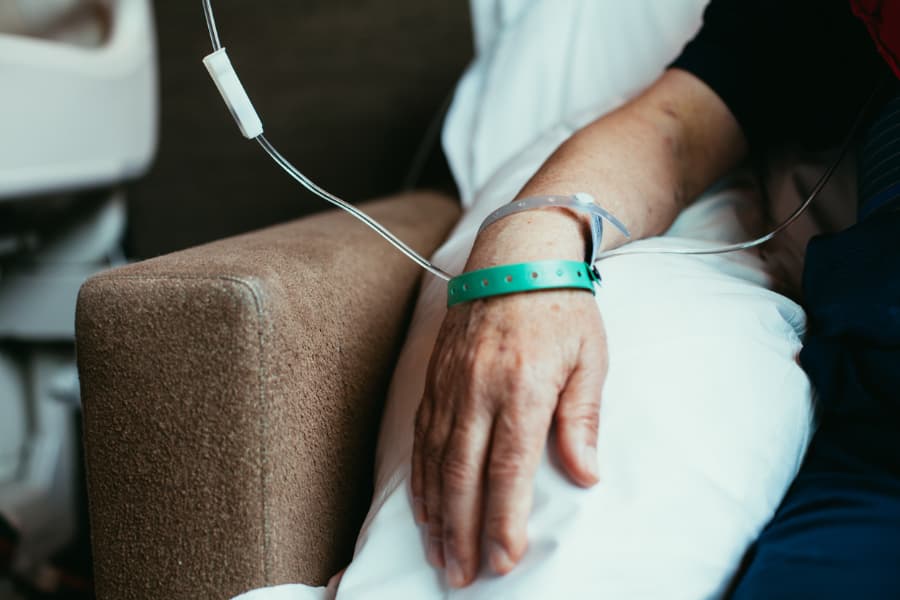Cancer is a disease in which some cells of the body grow uncontrollably and spread to other areas. Many forms of cancer can affect all age groups and ethnicities. To help patients manage cancer symptoms and potentially go into remission, physicians may recommend a variety of treatments designed to target the cancerous cells and prevent them from spreading further.
Among the most common methods of cancer treatment are targeted therapy and immunotherapy. Richmond University Medical Center is a distinguished healthcare facility on Staten Island, New York, that provides award-winning oncology services. It’s oncology program has been accredited by the American College of Surgeons’ Commission on Cancer for over 80 consecutive years, the longest accredited program of its kind on Staten Island. Here, we compare targeted therapy and immunotherapy with insight into both cancer treatment options.
Targeted Therapy
Targeted therapy is a cancer treatment that uses drugs or other substances to precisely identify and attack certain types of cancer cells within the body, which is why it is called targeted therapy. Physicians utilize this method to treat several types of cancers. It can be employed by itself or in combination with other treatments, such as traditional or standard chemotherapy, surgery, or radiation therapy.
Targeted therapy delivers several functions intended to address cancer in the following ways:
- Stops cancer from growing and dividing by blocking and turning off chemical signals that tell it to do so
- Kills the cancer cells by changing the proteins within them
- Triggers the patient’s immune system to kill the cancer cells
- Carries toxins to targeted cancer cells to kill them
- Stops the formation of new blood vessels used to feed the cancer cells
As with any cancer treatment, targeted therapy comes with the risk of possible side effects. Knowing these side effects can help patients decide if targeted therapy is the right method of treatment for them. Some of the possible side effects of targeted therapy include:
- Changes to the skin, such as a rash or dry skin
- High blood pressure
- Bleeding or blood clotting issues
- Slow healing wounds after cuts and injuries
- Swelling
- Heart damage
- Fatigue
- Hair loss
- Increased risk of infection
Immunotherapy
Immunotherapy uses a person’s own immune system to fight cancer by boosting or altering how the immune system works so it can locate and attack the cancer cells. This is accomplished by either addressing the natural defenses of the immune system so they work harder and smarter or by improving how the immune system works through the use of a created substance.
This type of treatment works better for some forms of cancer than others and is used either by itself or in combination with other treatment methods. The most common side effects of immunotherapy include:
- Fatigue or constant lack of energy
- Fever or chills
- Uncommon headaches
- Nausea or vomiting
- Skin rash or other skin conditions, such as dryness
Seek Cancer Treatment at Richmond University Medical Center
Anyone interested in learning more about targeted therapy and immunotherapy for cancer treatment should turn to the experienced team at Richmond University Medical Center. Our medical staff has the expertise and resources to accurately answer questions about these cancer treatments and administer them. To learn more about targeted therapy and immunotherapy and find out which cancer treatment may be right for you, contact us today to schedule an appointment.




